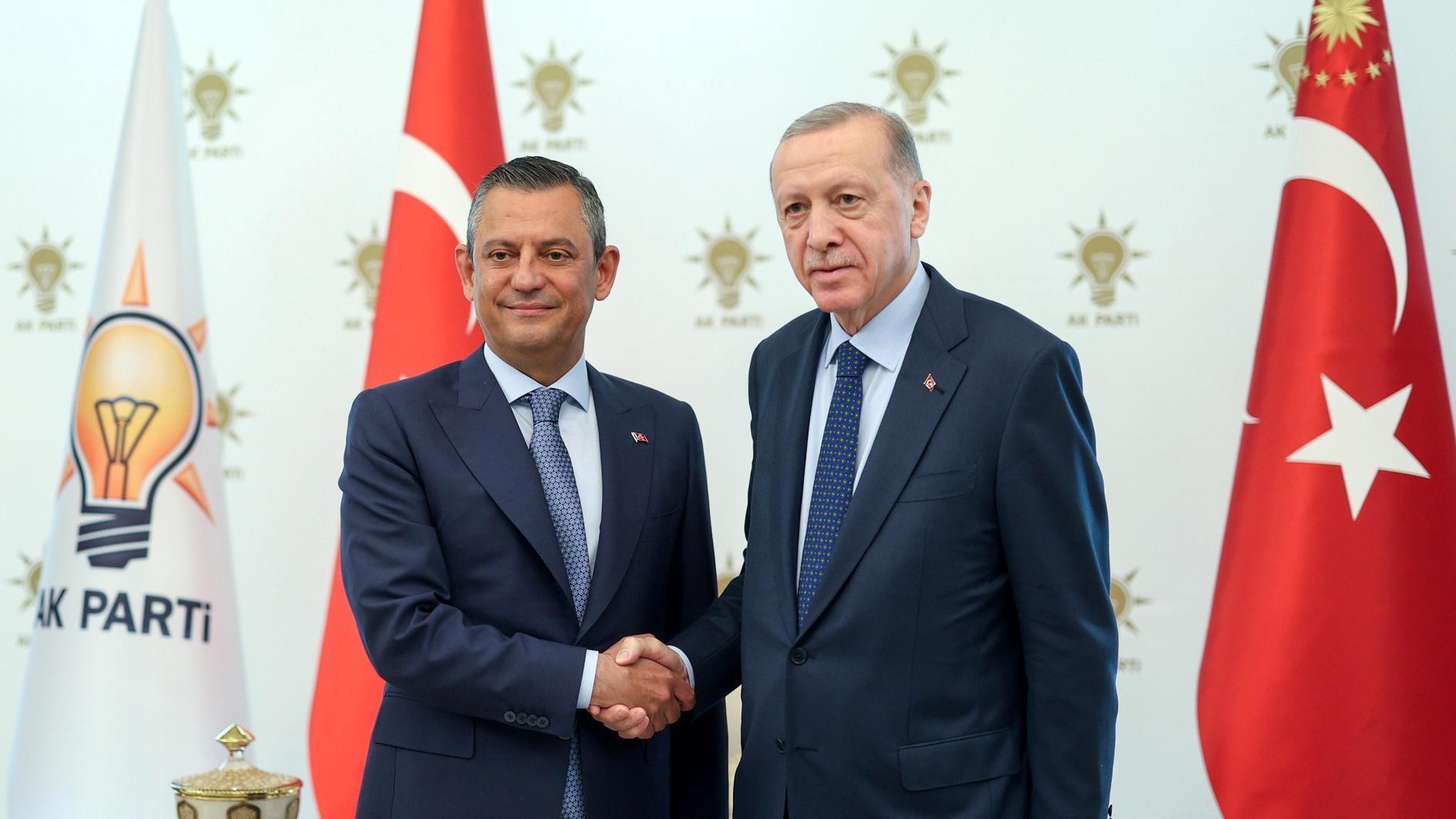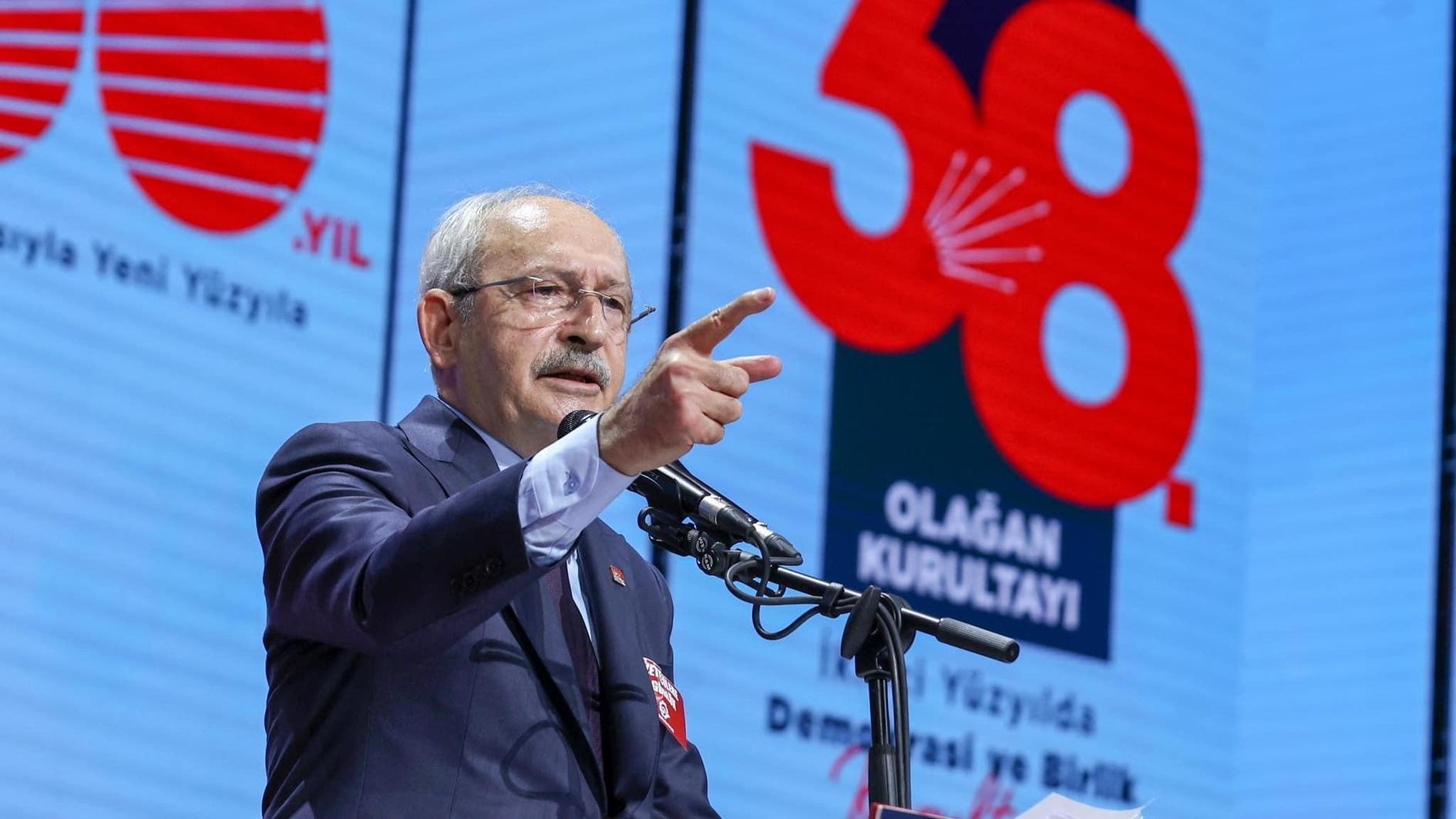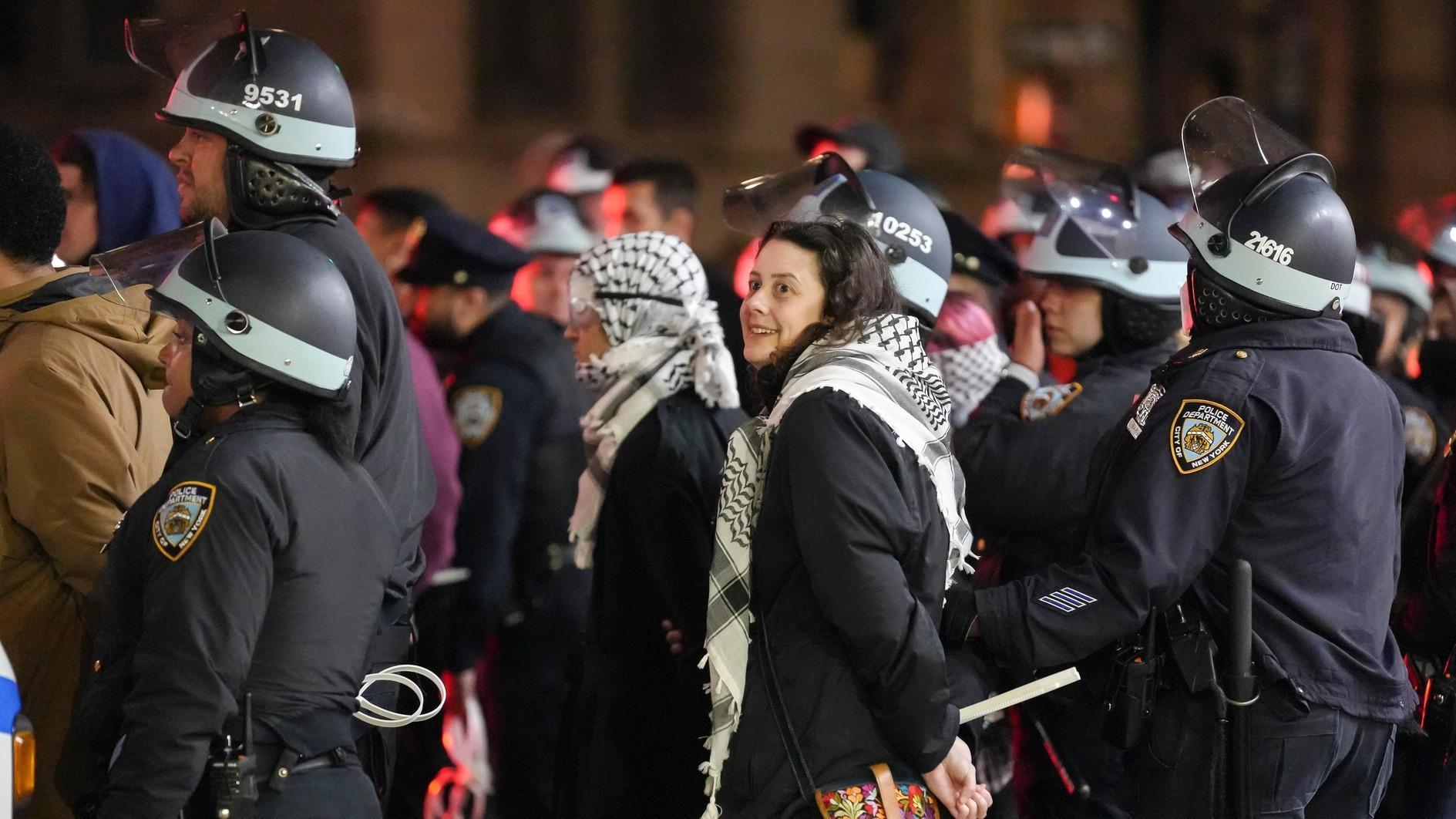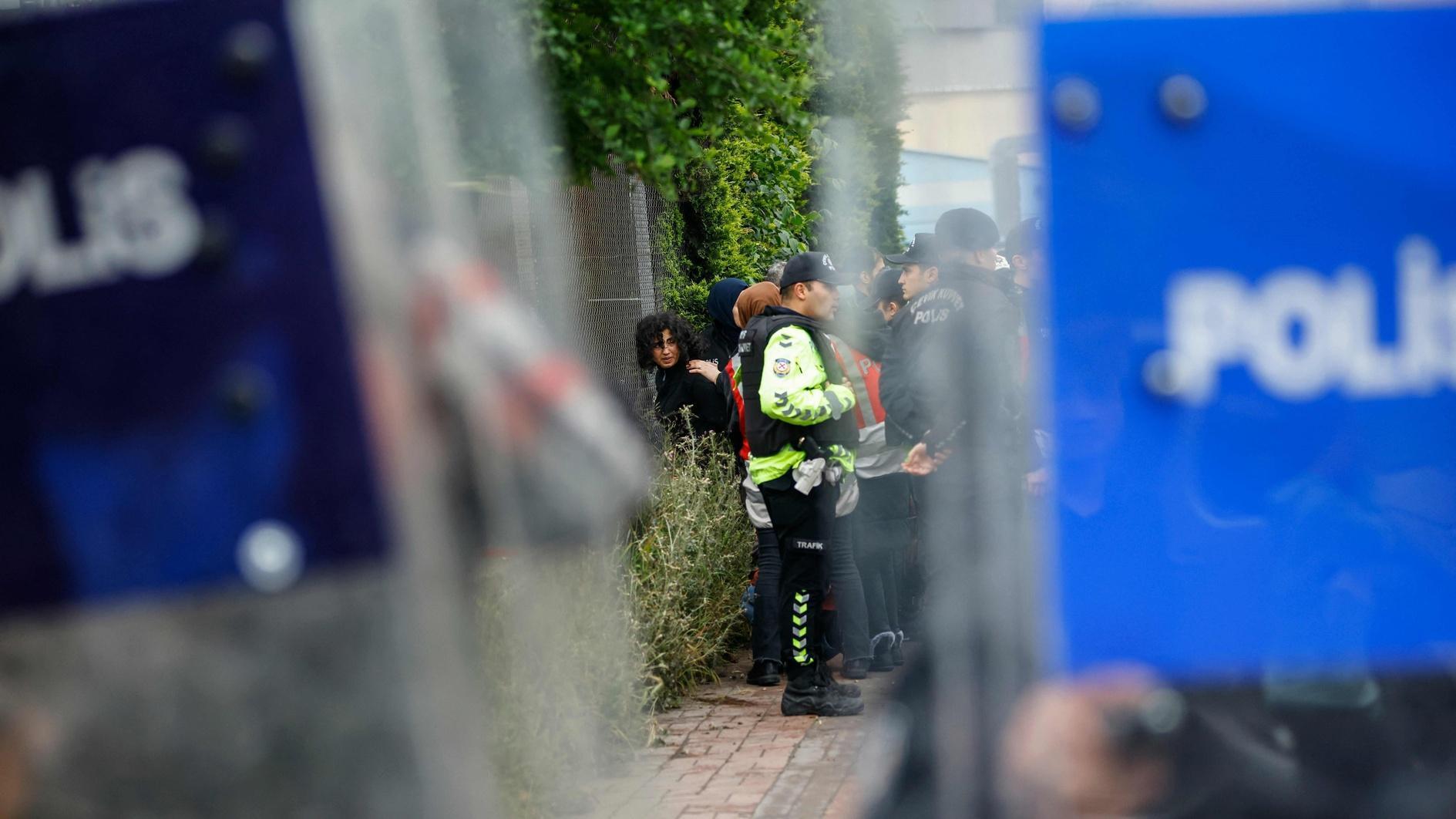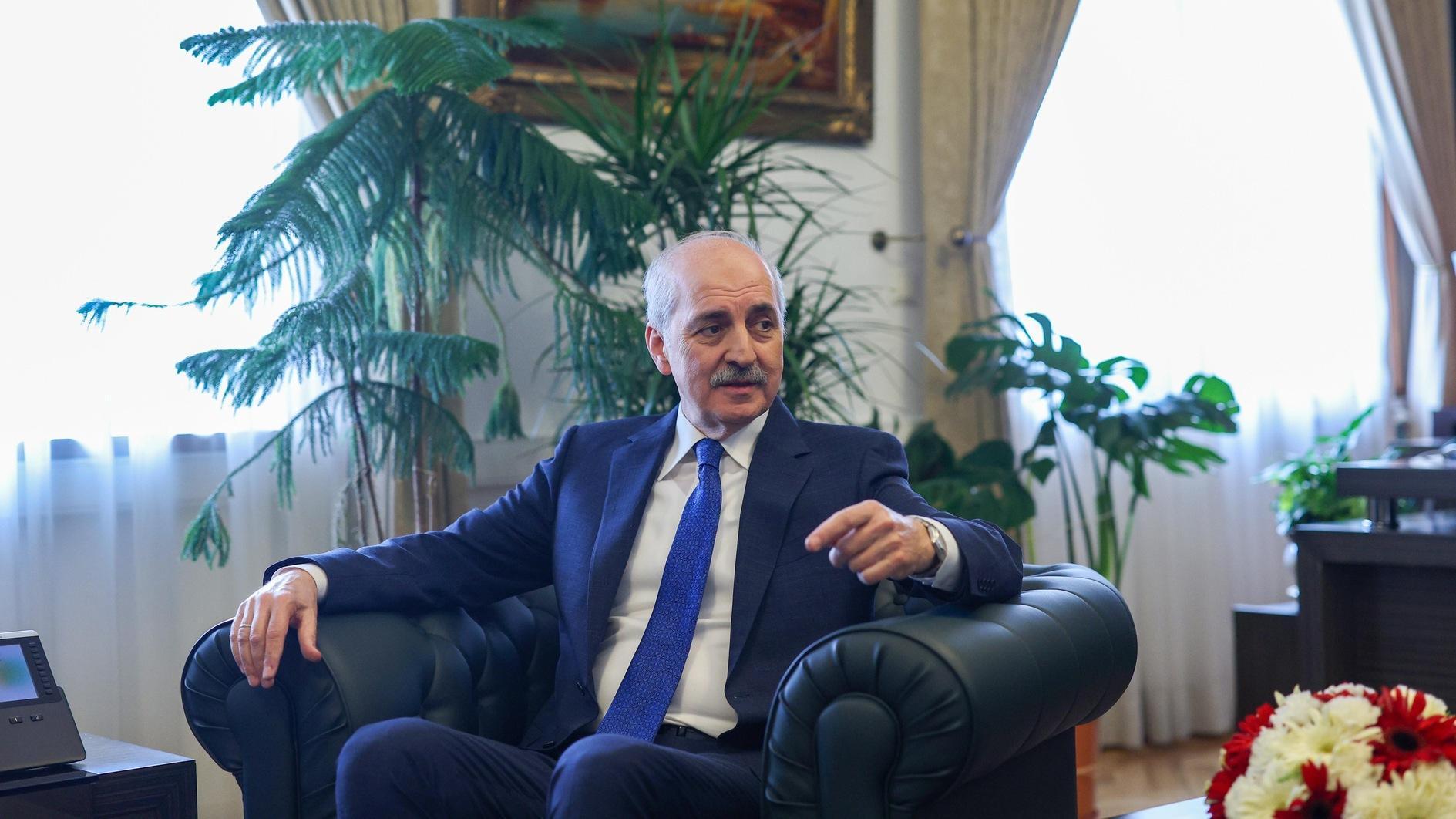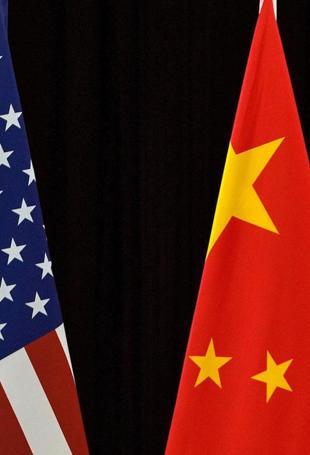Ali Babacan’s difficult task
Deputy Prime Minister Ali Babacan is a leading figure in the ruling Justice and Development Party (AKP). He knows the ways of the world better than many of his party colleagues. He told reporters in Sydney last week, during the G-20 summit, that there was a lot of interest and curiosity about developments in Turkey.
“We are trying our best to explain political and economic developments in Turkey to our interlocutors. Developments in Turkey are specific to us and therefore it is not easy for them to understand and comprehend them,” he was quoted saying by the press.
Looking at Turkey from the perspective of the advanced democracies within the G-20 group, and not all G-20 members are democratic of course, it is indeed difficult to understand and comprehend some of the developments “specific to Turkey.”
How, after all, are they expected to understand the notion of an “international interest rate lobby,” which Prime Minister Erdoğan invented to deflect negative attention away from his government during last summer’s Gezi Park protests, claiming this lobby is out to undermine and topple his government. It is unlikely that even Babacan, as an economist, believes this yarn.
The government’s new law on the Internet, which has been endorsed by President Abdullah Gül to the detriment of his own democratic reputation, and its new law on the Supreme Board of Judges and Prosecutors (HSYK), which Gül has yet to endorse but is expected to do so, are further examples of developments in Turkey that are hard to understand and comprehend by Babacan’s western interlocutors.
Looked at from the perspective of someone who comes from an advanced democracy, it is not easy to see how these laws - the first restricting press freedoms and the freedom of expression, and the second doing away with the separation of powers principle - serve democracy.
The same applies to the bill the government is trying to hammer out and which clearly aims to place the National Intelligence Service (MİT) above accountability and give it what amounts to a “carte blanche” to act as it wishes. Looking at all of this, many believe Turkey is gradually ditching Western values in favor of values that are current in Russia and China.
The government says it is doing all this to protect democracy against anti-democratic coup attempts. It points to the massive corruption investigation opened Dec. 17 which has implicated members of the AKP, leading to the resignation of three and the dismissal of one government minister, as such an attempt.
But when the new Internet and HSYK laws, as well as other steps being taken by the government, are put side by side, the image to appear is not one of a Turkey moving towards more democracy. The government is doing just the opposite by trying to bring all the institutions of state under its own control, and is preparing the legal infrastructure for this.
Not surprisingly, leading columnists and analysts in Turkey have started referring to these steps by the government as “the real coup attempt against democracy” that is unfolding as the world looks on. If these efforts were aimed at increasing transparency and accountability, with all the necessary checks and balances in their right place, clearly no one would object.
To the contrary, Erdoğan and the AKP would gain in prestige for advancing democracy and fighting corruption in Turkey. Looking at the present picture, however, this is clearly not what is happening. It should come as no surprise to anyone, therefore, that Babacan is having difficulty in getting his western interlocutors to comprehend what is happening in Turkey.



